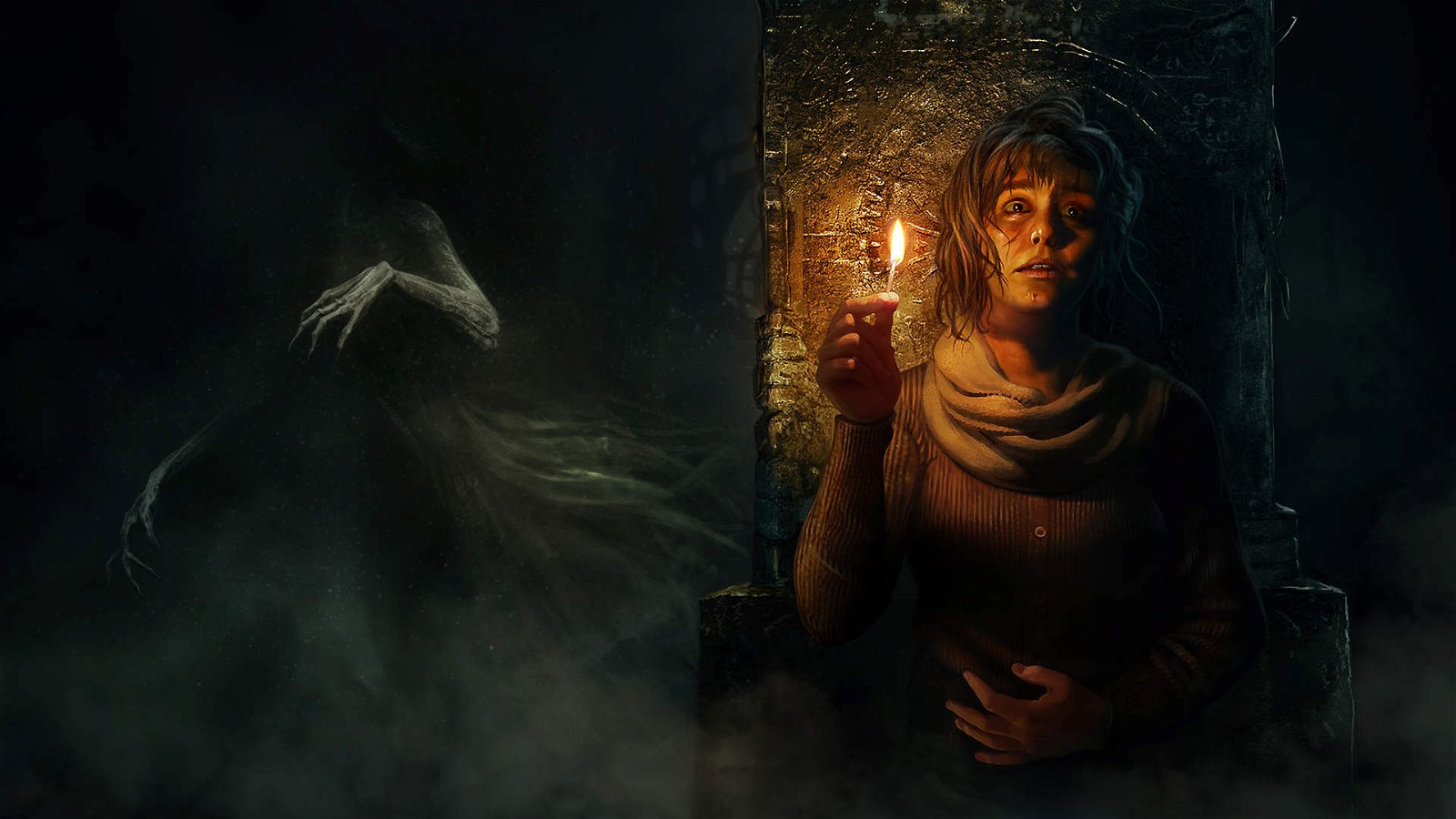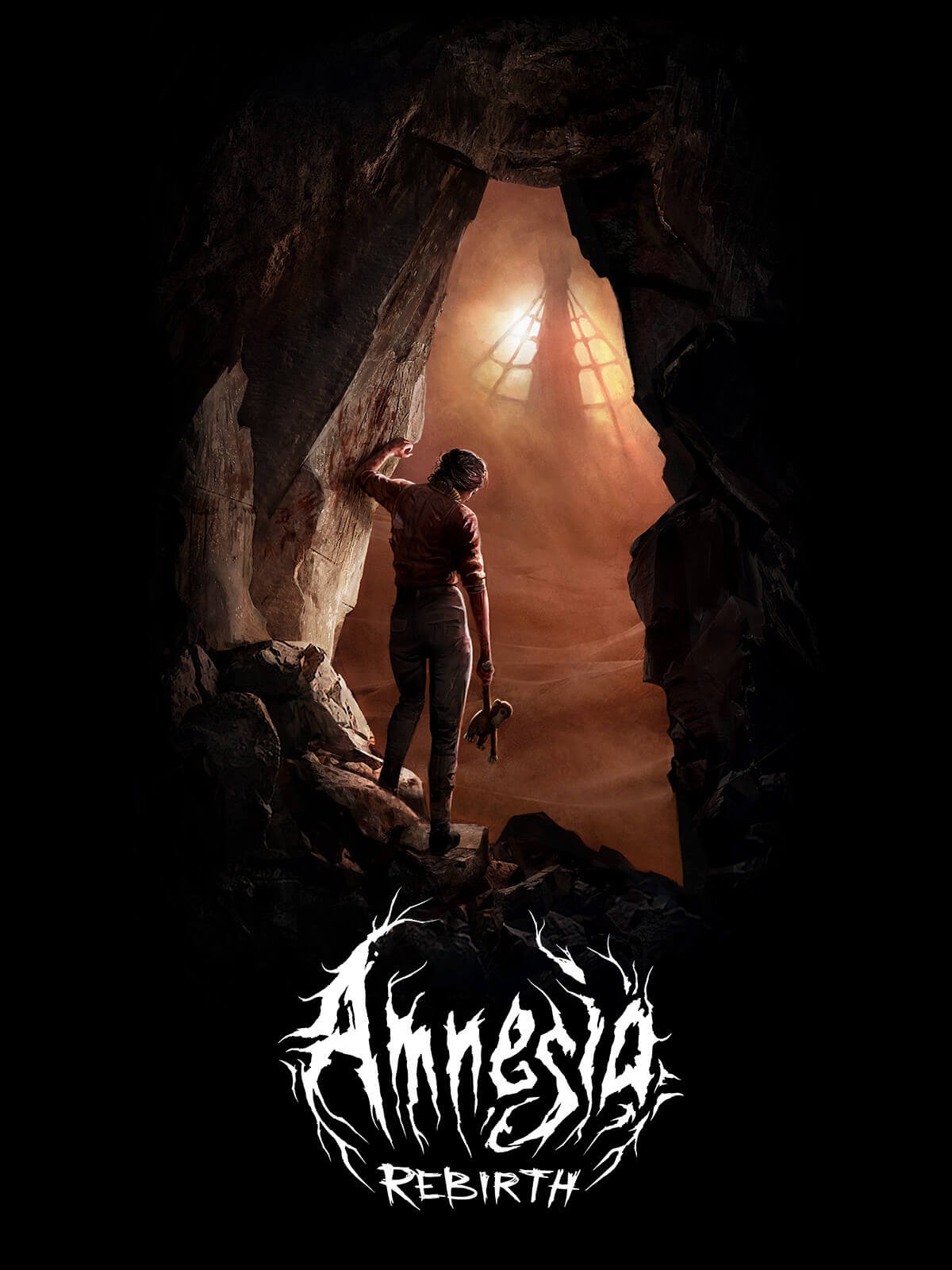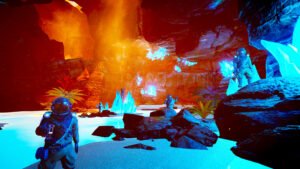Amnesia: The Dark Descent came out in 2010 as a small game from a Swedish indie developer known for the little-known but well-liked Penumbra trilogy, during an age where the concept of an “indie game” was still being written. Ten years later, it’s hard to dispute its claim as one of the most influential games of the past decade. Though the concept of the first-person horror game existed before, as well as removing the ability to interact with your enemies in any way besides evading or getting killed by them, it is with the first Amnesia that these concepts were blended in a way that exploded into mainstream success, defining what horror games would be to this very day. Even outside of games themselves, Amnesia: The Dark Descent led to the rise of the lets player, as PewDiePie and his ilk first gained internet fame by screaming their way to monstrous YouTube subscriber counts. You can make a decent case that the current culture of games and how they’re talked about, with an increased focus on streamers and “influencers”, wouldn’t exist without this short and cheap first-person survival horror game made by a team of about ten people. How do you follow-up something like that?
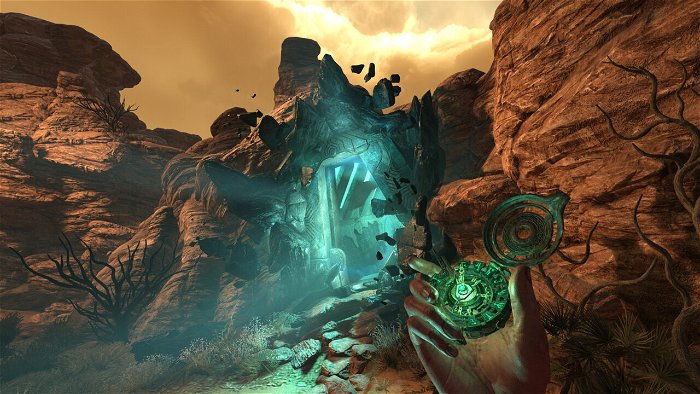
For Frictional Games, the developers of Amnesia: The Dark Descent, you don’t, until now. Ten years later, after a pseudo-sequel made by a different studio with barely any connection to the original and an existential sci-fi horror adventure with very little in common with their early success, here they are, returning to a universe they haven’t touched since it was first created. Announced and released within a relatively short timeframe, Amnesia: Rebirth is the sequel to The Dark Descent, set a century after the events of the original. You play as Anastasie “Tasi” Trianon, an engineer on an expedition to French Sudan when her plane crashes in the Algerian desert. Waking up with a hazy memory and a missing crew, she sets out to find out what happened and hopefully get home. Like The Dark Descent and Soma, Rebirth takes a flashback-based approach to storytelling, with the beginning of the game showing you where things began to go wrong and the end telling you how you got to where you were at the start, with more and more questions being answered as you progress. But perhaps the biggest question of all is an obvious one: Is it worth returning to this universe after a decade? The answer is…eh, kinda?
For starters, Amnesia: Rebirth takes some cues from Soma by having the areas you explore be much more open and sprawling than The Dark Descent’s claustrophobic Prussian castle. Rather than trapping you in one location, Rebirth takes you all across the desert into caves, fortresses and alternate dimensions. This is mostly a good thing, as it builds on the structure of The Dark Descent without rehashing previous locations, but there are occasions where it can be irritating, especially in conjunction with the new resource management mechanics. Like The Dark Descent, a major goal in Rebirth is to stay out of the dark, as doing so causes Tasi to become progressively more scared and hinder your progression. Whereas The Dark Descent gave you a lantern, though, Amnesia: Rebirth gives you a lantern as well as matches, which can be used to light candles to provide permanent light sources and provide temporary respite from the dark. Lantern oil and matches are found by exploring environments, and from how they’re distributed across levels, it’s clear that the game intends for you to use both in equal measure.
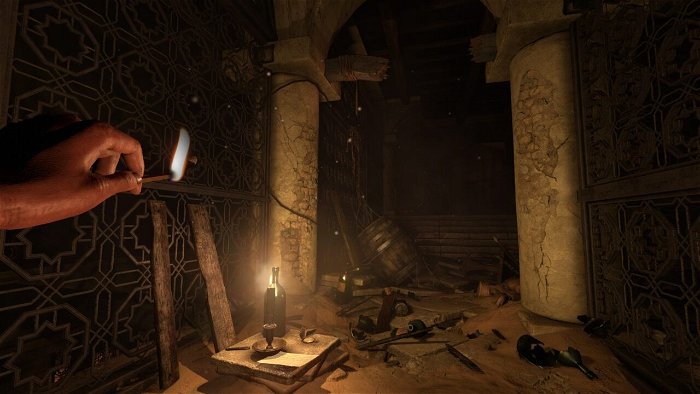
The problem starts when there are levels that require a great deal of exploration, but have huge dark sections, meaning that your ability to look around is inherently limited. The worst example of this is the aforementioned fortress, which is mostly based around puzzle-solving, but still needs you to have a light source to traverse a lot of it. If you run out of oil and matches and haven’t figured everything out, the end result is running through a lot of dark halls as your fear gets worse and worse, even though you’re already aware that there aren’t any monsters with you and you just want to find a way to progress without being punished for simply walking around. Thankfully, most puzzle sections get rid of the dark mechanic entirely, but for some reason there are a few that keep them intact, with their only function being to frustrate and slow down the player for no clear reason.
For the first few hours, Rebirth can be slow and ponderous, with no actual monsters appearing until about the beginning of the second act. When those monsters do appear, though, the game truly comes alive. A big problem with Soma is that for a lot of people, it simply wasn’t that scary, with the monsters being obnoxious roadblocks rather than objects of dread. This isn’t a problem in Rebirth. Like the bizarre tortured monsters of The Dark Descent, everything about the beasts hunting you in Rebirth, from their appearance to the way they move to what they sound like, practically screams “DO NOT GET ANYWHERE CLOSE TO THIS” and makes enemy encounters significantly tenser. As the game progresses, stealth sections become more and more frequent, adding to a palpable sense of tension as every step you take becomes more dangerous than the last.
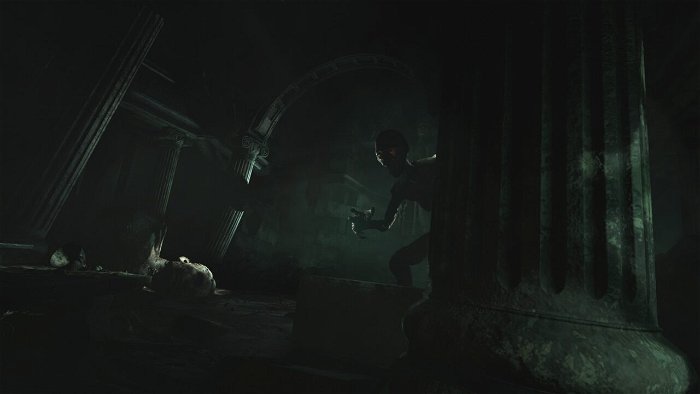
Speaking of solving problems from previous games, one of the underlying tensions with horror games as a whole is death. To be more specific, the end goal of any horror game is to make you fear death; but if the end result of death is just a game over screen and starting again, what is there to really be scared of? Numerous games have tried to find an answer to this problem, such as the classic J-horror Corpse Party showing the detailed horrific story consequences of certain characters dying or Five Nights at Freddy’s just screaming in your face, but there’s never been a real universal solution. Rebirth, however, tackles it in a different way: you can’t die. Should your fear reach a breaking point, you will instead be transported back to the beginning of the section with all your progress intact. This means that the obnoxious repetition associated with death in other games is averted, allowing you focus on the act of progressing past enemies rather than make you solve problems you already know the solution to and break the atmosphere. Although it’s doubtful that this mechanic could be applied to many other horror games considering the context, it’s a creative way to address one of the long-standing issues plaguing the genre as a whole.
As for the story, much of its thematic weight comes at the very end. Without giving too much away, once all the cards are on the table and what the game is really about is made clear, it’s a fascinating theme that can be interpreted in a variety of ways both textual and meta-textual. There are multiple endings, but none of them can really be called “good.” Like Soma, the end credits leave you with a sense of horror that runs deeper than the primal fear of a monster chasing you, an uncomfortable feeling of disturbance that made me just want to take a walk after finishing it. But unlike Soma, which sprinkled very existentially terrifying dilemmas throughout the game, Rebirth chooses to wait until the very end to tell you what it wants to say. This means that, unless you’re willing to stick it out until the very end, Amnesia: Rebirth isn’t really worth playing, and if you find the earlier gameplay frustrating then your mileage will vary on whether trudging through it to reach the core is worth it.
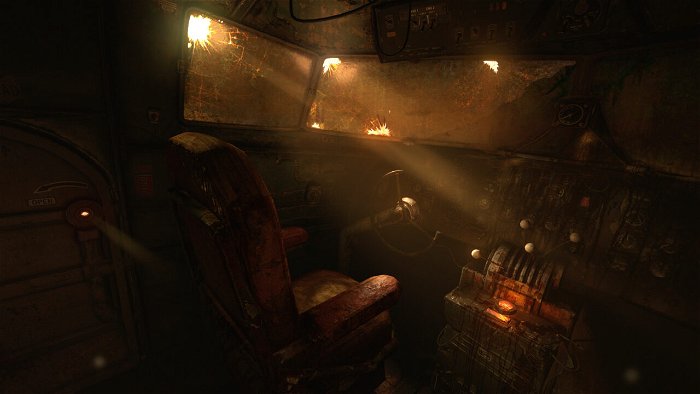
That really sums up whether or not you should play Amnesia: Rebirth. If you like Frictional’s previous work and are willing to put up with some of the more tedious sections, it’s well worth the reward. If you haven’t played them and find the first few hours a slog, then it’d probably be best to cut your losses and move on to something else. Although it fits the game’s story, Amnesia: Rebirth is a misleading subtitle: the ones who will get the most out of it are the ones returning rather than those coming into the darkness for the first time.
